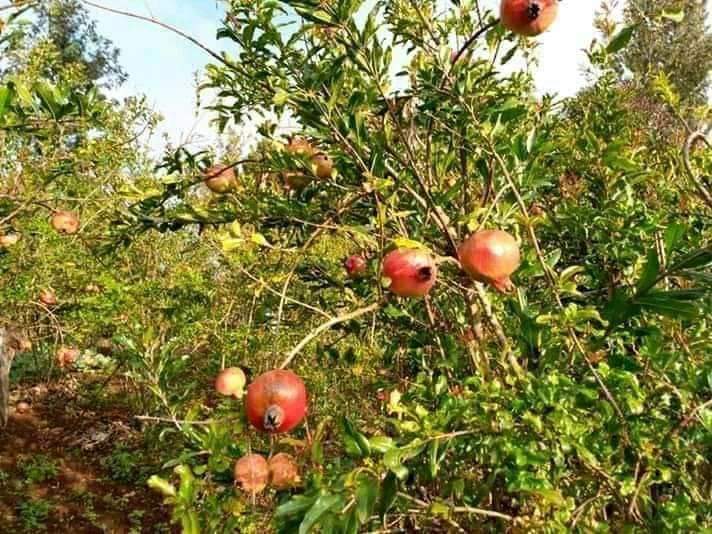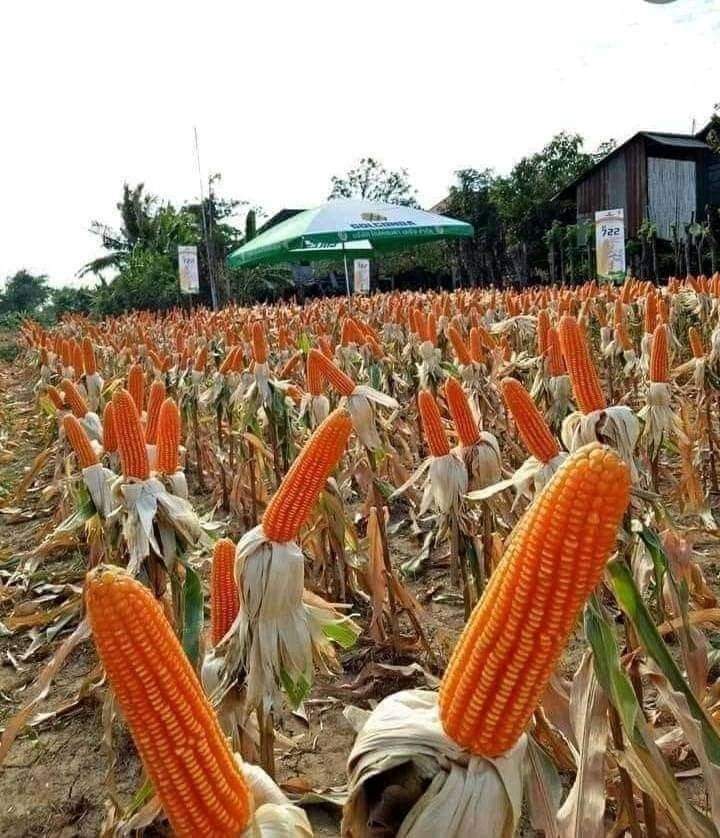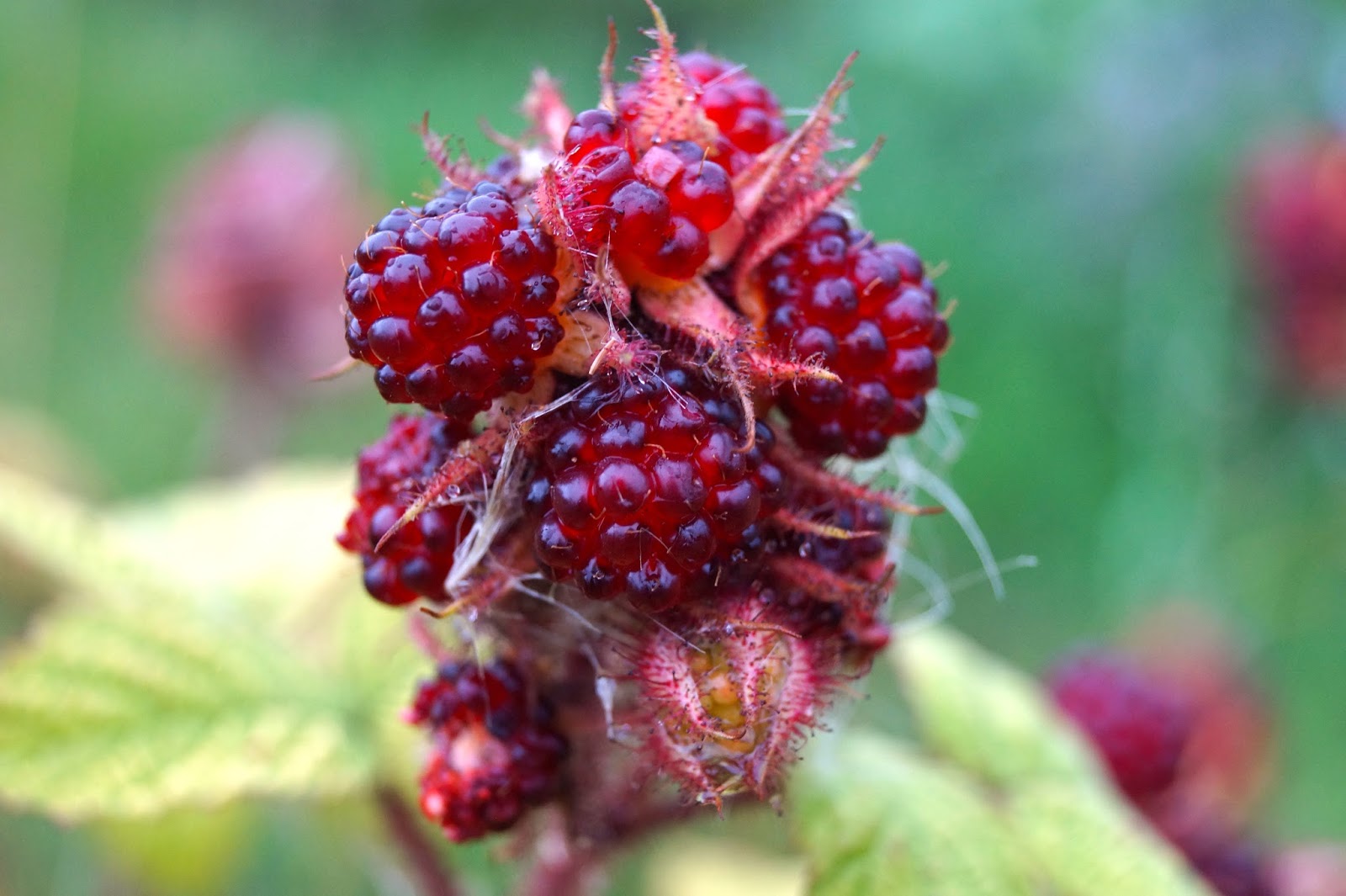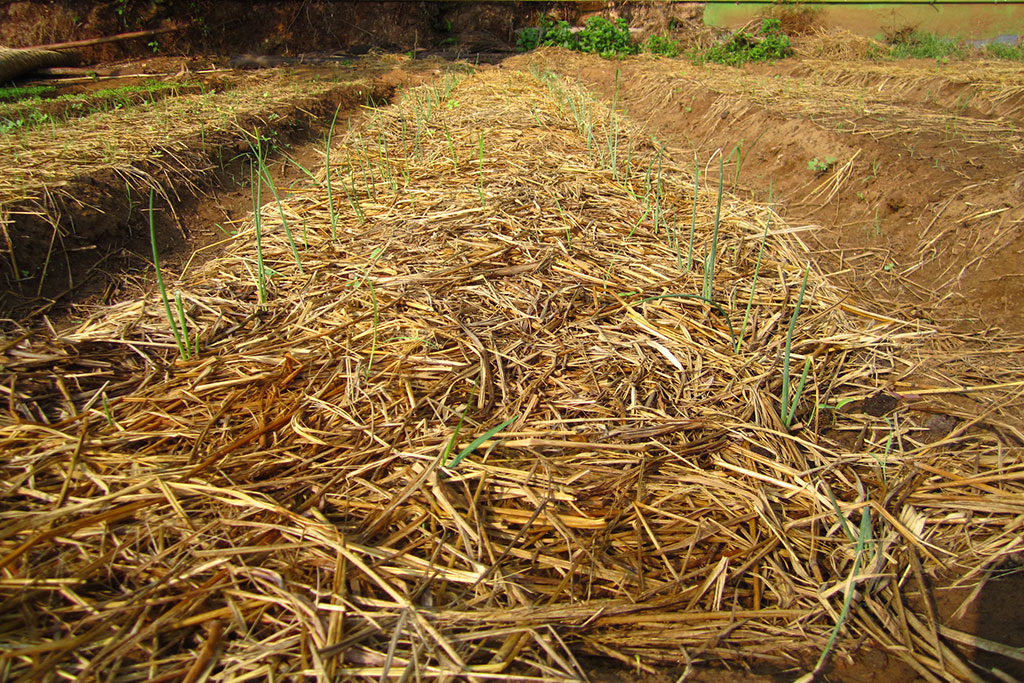A COMPREHENSIVE GUIDE ON POMEGRANATE FARMING
Pomegranate farming, with its rich history in back centuries has emerged to be a
promising venture in modern agriculture. Pomegranate farming is prevalent in
many countries across the globe, with some regions being renowned for its
production, with India being the number one producer. Pomegranates, with their
vibrant red arils packed with antioxidants and vitamins, have captured the attention
of health-conscious consumers worldwide, driving the need for more pomegranate
production.
This comprehensive guideline aims at providing pomegranate farmer with a
roadmap for establishing and managing a successful pomegranate farm.
MARKET FOR POMEGRANATES
The market for pomegranates has steadily been growing due to its increasing
consumer awareness of their health benefits.
In Kenya, the market is gradually emerging, giving opportunities to farmers and
entrepreneurs to make money. The price in Kenya varies depending on the season,
quality, location and market demand. During the peak season, prices tend to b
lower due to the increased market supply.
Pomegranates in Kenya are typically sold through various market channels,
including supermarkets, fresh produce markets, specialty stores, and direct sales to
consumers. Additionally, there is potential for expanding sales through online
platforms and specialty food retailers catering to health-conscious consumers.
POMEGRANATE HEALTH BENEFITS
Pomegranate has several benefits, attributed to their rich nutritional profile and
high antioxidant content. The benefits include:
. It is linked to improved heart health due to their ability to lower blood pressure
and reduce cholesterol levels.
. Pomegranates may have anti-cancer properties, potentially prohibiting the growth
of cancer cells and reducing the risk of certain cancer types, including breast,
prostate and colon cancer.
. Pomegranates promotes healthy digestion and regular bowel movements.
. pomegranates contains that are beneficial for skin health.
VARIETIES OF POMEGRANATES
There are different pomegranates varieties, each with its own characteristics in
terms of size, color, taste and seed hardness. The most popular varieties in Kenya
include; kandhari, ganesh, jyothi,mradula, bhagwa, jalore seedless and phule
Arakta.
ECOLOGICAL REQUIREMENTS FOR GROWING POMEGRANATES
Rainfall: Pomegranate grows well in a dry and semi-arid weather. The plant is
drought-tolerant and doesn’t require a lot of water.
Temperature: The optimum temperature for pomegranate farming range from
20 0 C – 30 0 C. The optimum temperature for flowering, fruit development and
ripening range from 35 0 C -38 0 C.
Altitude: Low altitudes of between 500-1000 above the sea level are the most
suitable for the crop.
Soil: The plant grows in a wide range of soils, both low-fertile and high-fertile
soils. However, it performs best in deep, loamy, and well-drained soils. It can
tolerate slight salinity and alkalinity. The ideal pH for pomegranate farming range
from6.5 – 7.5.
Spacing and planting: It requires a spacing of around 3.5m x 4m.
AREAS GROWN IN KENYA
In Kenya, pomegranate does well in areas likeMachakos, Makueni,Kitui, Kilifi,
Kwale, Mombasa, Kiambu, Murang’a, Kisumu, Wajir, Mandera.





